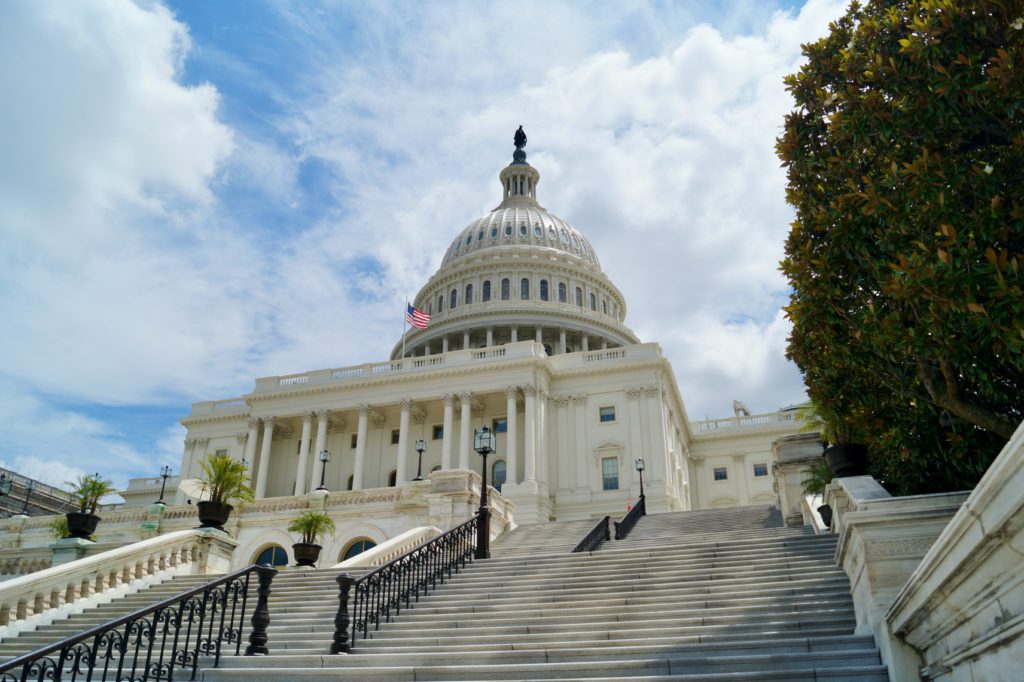
3 minute read
The House Committee on Energy and Commerce recently advanced to the house a package of bipartisan legislation geared towards improving mental and behavioral health treatment, as well as providing substance use disorder care. If passed, this bill would have direct impact on integrated care programs throughout the U.S. I will highlight some of the bill provisions below. There are two provisions that specifically mention integrated care.
The first provision (Crisis Care and the 9-8-8 hotline) addresses the fragmentation that exists between federal agencies with overlapping missions to improve public health. This Act would create a Behavioral Health Crisis Coordinating Office across SAMHSA, the CMS, and HRSA to coordinate work relating to behavioral health crisis care. It also requires HHS to publish “best practices” for a mental health crisis continuum of care response, geared towards health care providers, service administrators, and service providers.
The second provision (Maternal Health and SUD) reauthorizes Screening and Treatment for Maternal Mental Health and Substance Use Disorders grants that allow states to improve screening, assessment, and treatment for mental health and SUD in pregnant and post-partum women (PPW). This could include a hotline for pregnant and postpartum women at risk of, or currently experiencing, maternal mental health or SUD. The current treatment network for persons with PPW+OUD is fragmented, underutilized, and often misaligned with areas of greatest treatment need, leading to difficulties in identifying patterns of treatment disparities.
The third provision (REACHING Improved Mental Health Outcomes for Patients Act of 2022) includes funds for multiple SAMHSA grants and is designed to sustain and enhance community services. There will likely be dollars available through this provision for mental health centers. I recommend these centers look at ways to use the dollars to integrate multiple services at their locations.
There are multiple provisions addressing the opioid use crisis, which continues to rage across the country. One packages includes provisions from the Summer Barrow Prevention, Treatment, and Recovery Act and aims to preventing opioid misuse through multiple strategies. Agencies with a strong emphasis on integrating mental health and SUD services should pay attention to grant opportunities from this package.
Here is the package with a direct impact on integrated care: Collaborate in an Orderly and Cohesive Manner Act. This provision will reauthorize $60 million annually to award grants for implementing and evaluating specified models of care that integrate the delivery of behavioral health and primary care services. HHS would award grants to primary care providers for the initial costs of implementing such models and prioritize recipients that provide care to medically underserved populations and in areas where the prevalence of behavioral health conditions exceeds the national average. CFHA members should be interested in this funding.
Another one with direct impact to integrated care is the Health Care Workforce provision. This legislation, among other things, would reauthorize Mental and Behavioral Health Education and Training Grants at $50 million for each of FYs 2023 through 2027, and would additionally reauthorize the Training Demonstration Program — which seeks to provide further training for health professionals in underserved, community-based settings that integrate primary care with mental and SUD prevention and treatment services — at $10 million annually for FYs 2023 through 2027.
There are many other provisions in this massive bill. The last two I mentioned above have direct impact on the CFHA community and field of integrated care at large. It is encouraging to see the federal government provide specific funding for integrated care. The bill will certainly change over time, but if passed CFHA members should look out for funding announcements in the near future.

Leave a Reply